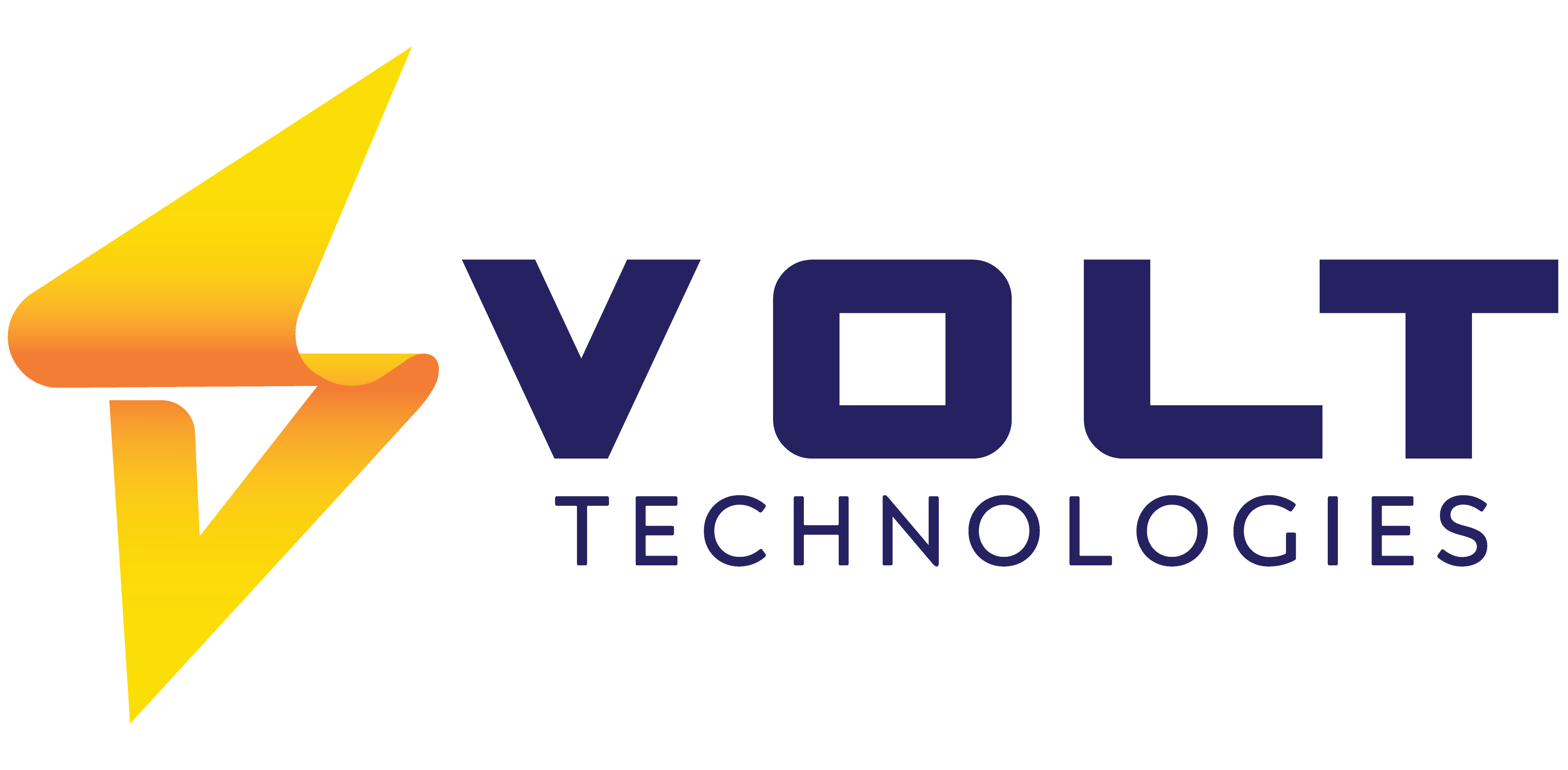Business Central vs Zoho ERP- Which is the Better ERP for SMBs in 2025?


Microsoft Dynamics 365 | Simplify your IT footprint and make decisions faster.
- August 25, 2025
Introduction
As small and mid-sized businesses (SMBs) scale operations, the demand for a powerful, integrated ERP system becomes more urgent. The choice between Microsoft Dynamics 365 Business Central vs Zoho ERP often comes down to one critical question: Which platform offers better value, functionality, and scalability for growing teams?
While Zoho ERP (primarily through Zoho One) has gained popularity for its affordability and modular approach, Business Central offers a unified, cloud-first ERP solution with deeper financial control, automation, and native integration into the Microsoft ecosystem. For businesses already using Microsoft 365—or planning to grow into a more complex operational environment, Business Central often becomes the smarter, future-ready investment.
In this blog, we’ll compare Business Central and Zoho ERP across features, pricing, integrations, and scalability, helping SMBs determine the best fit for their current needs and future growth.
Overview – Microsoft Business Central vs Zoho ERP
What is Microsoft Dynamics 365 Business Central?
Microsoft Dynamics 365 Business Central is an all-in-one cloud-based ERP designed for small to mid-sized businesses that require more than just basic accounting. As part of the Microsoft ecosystem, it offers native integration with Microsoft 365, Power BI, Power Automate, and Teams, making it ideal for organizations looking to centralize data and scale operations seamlessly.
Business Central includes modules for:
- Financial management and budgeting
- Inventory and warehouse operations
- Project management
- Purchasing and sales workflows
- CRM and customer service
- Workflow automation and AI insights via Microsoft Copilot
Its strength lies in combining enterprise-grade functionality with low-code flexibility, empowering teams to grow without switching systems.
What is Zoho ERP (Zoho One)?
Zoho ERP isn’t a single product but rather a bundled suite of applications within Zoho One a subscription that includes tools like:
- Zoho Books (accounting)
- Zoho Inventory
- Zoho CRM
- Zoho Projects, Zoho Creator, and more
This modular setup appeals to early-stage businesses looking for a cost-effective, easy-to-use toolkit. However, it lacks the centralized data model and deep process integration that Business Central provides. As a result, growing companies often hit limitations in financial reporting, automation, and cross-functional visibility.
Quick Snapshot:
Feature | Business Central | Zoho ERP (Zoho One) |
Core System | Unified ERP | App bundle |
Ideal for | SMBs scaling ops | Startups & basic users |
Finance Depth | Advanced | Basic to Moderate |
Inventory | Multi-location, forecasting | Basic item tracking |
Automation | Power Automate, AI Copilot | Zoho Flow, scripting |
Integrations | Deep with Microsoft ecosystem | Internal Zoho apps |
CRM | CRM-lite + Dynamics 365 | Zoho CRM (separate app) |
Feature-by-Feature Comparison: Business Central vs Zoho ERP
When choosing between Microsoft Dynamics 365 Business Central and Zoho ERP, small to mid-sized businesses must weigh more than just surface features. Here’s a clearer, more concise comparison without relying heavily on tables:
1. Financial Management
- Business Central comes with advanced financial capabilities—multi-currency, budget forecasting, audit trails, fixed asset management, and financial dimensions are all natively supported.
- Zoho ERP (via Zoho Books) offers the basics: invoicing, expense tracking, and bank reconciliation. But features like budgeting and auditing are either limited or missing entirely.
If compliance, forecasting, and audit readiness matter to your finance team, Business Central is the better choice.
2. Inventory & Supply Chain
- Business Central includes multi-location inventory, warehouse management, lot/serial tracking, and production planning—all native to the platform.
- Zoho Inventory supports basic inventory but lacks advanced forecasting, BOMs, and supply chain visibility. Integration with Zoho Books is possible, but it’s still a multi-app setup.
For businesses managing stock or scaling warehousing operations, Business Central is far more robust.
3. CRM & Sales Process
- Business Central includes built-in CRM-lite features and connects seamlessly with Dynamics 365 Sales.
- Zoho ERP relies on Zoho CRM, a separate app. While powerful on its own, integration between CRM and ERP requires configuration.
Want everything in one system? Business Central avoids the app-switching headache.
4. Reporting & Insights
- Business Central is tightly integrated with Power BI, offering real-time dashboards, drill-down reports, and AI-driven forecasting.
- Zoho offers basic reporting. Some Zoho apps support analytics, but cross-app reporting can be delayed or inconsistent.
If data-driven decisions are a priority, Business Central is built for real-time clarity.
5. Automation & Integration
- Power Automate, included with Business Central, supports AI-powered workflows, integrates with hundreds of Microsoft and third-party apps, and works seamlessly across the Microsoft ecosystem.
- Zoho Flow, the automation layer for Zoho, supports basic workflows but is mostly limited to Zoho’s suite unless extended with APIs.
Looking for true low-code automation across finance, sales, and operations? Business Central is miles ahead.
Pricing & Licensing: Business Central vs Zoho ERP (Updated with verified sources)
When comparing ERP solutions, pricing isn’t just about price tags, it’s also about how licensing models support scalability, functionality, and long-term ROI. Here’s how Business Central and Zoho ERP stack up:
1. Licensing Model
Business Central
- Essentials: ~$70 /user/month, Includes finance, sales, purchasing, inventory, project management, and other core ERP capabilities. Microsoft+2dynamicssquare.co.uk+2eazydynamics.com+12Microsoft+12thehbpgroup.co.uk+12
- Premium: ~$100 /user/month, Adds manufacturing and service order management to everything in Essentials. Wikipedia+12Microsoft+12randgroup.com+12
- Team Members: ~$8 /user/month, Limited access for read-only, approvals, time sheets, and light interactions. Volt Technologies+11Microsoft+11Dynamics Power Play+11
2. Why Pricing Matters
These licensing tiers come with built-in ERP functionality, reducing the need for multiple external apps:
- Business Central merges core business processes (finance, inventory, automation) in one unified system.
- While Zoho One’s app bundle might appear affordable, integrating siloed modules can drive hidden costs in support, sync, and training.
Use Case Fit: Which ERP Serves Your Business Better?
When evaluating Zoho ERP vs Business Central, pricing is only part of the equation. The better solution ultimately depends on the complexity of your operations, your growth trajectory, and how well the platform supports your industry-specific needs.
Zoho ERP Is Better For…
- Micro and small businesses with limited budgets
- Companies needing basic CRM + finance features bundled together
- Teams that prefer a no-code, app-based approach with modular flexibility
- Startups experimenting with low-complexity automation
- Businesses operating primarily in non-regulated industries
Ideal for teams who are just starting their digital transformation journey and don’t yet need full ERP depth.
Business Central Is Better For…
- SMBs scaling beyond basic finance and needing deeper ERP functionality
- Businesses managing inventory, projects, warehouses, or production
- Organizations with multi-entity, multi-currency, or global operations
- Teams that need robust automation, AI insights, and enterprise-grade security
- Businesses already using Microsoft 365 (Outlook, Teams, Excel) for operations
A future-proof investment for businesses with growth plans and especially those that need more than just accounting.
Insight: Business Central Grows With You
Unlike Zoho, which may require transitioning to another ERP as you grow, Business Central is built for scale. You can start small and expand functionality over time—without needing to switch platforms.
CRM & Integration Capabilities: Zoho CRM vs Business Central CRM
When choosing between Zoho ERP vs Business Central, it’s essential to evaluate how each system handles customer relationship management (CRM) and platform integrations, especially for businesses aiming to unify sales, service, and operations.
Zoho CRM Capabilities
Zoho CRM is a well-established tool within the Zoho ecosystem. It offers:
- Lead and deal tracking
- Email marketing and campaign management
- Workflow automation for tasks like follow-ups
- Telephony and social media integration
- Basic reporting and dashboards
Zoho CRM integrates tightly with Zoho Books and other Zoho apps but can be clunky when integrated with external platforms (e.g., Microsoft tools). API limits and sync delays can become pain points as business complexity increases.
Business Central CRM Integration
Business Central includes CRM-lite capabilities out of the box, ideal for companies looking to unify financial and sales data without needing a separate system. Key highlights:
- Contact and customer relationship tracking
- Sales order processing tied to financials
- Built-in opportunity management
- Seamless upgrades to Dynamics 365 Sales for advanced CRM functionality
- Native integrations with Outlook, Teams, Excel, and Power Platform
The real power lies in Business Central’s ability to scale CRM capabilities as your needs grow, with smooth handoffs to the full Dynamics 365 Sales suite, backed by AI and real-time insights.
CRM Comparison Table
Feature | Zoho CRM | Business Central CRM |
Lead Management | Included | Included |
Marketing Automation | Built-in tools | Via Power Automate or Dynamics 365 Marketing |
Native Email/Outlook Integration | Limited | Deep integration with Outlook |
CRM + ERP Data in One System | Separate apps | Unified platform |
Upgrade Path to Full CRM Suite | Not Microsoft-native | Easy transition to Dynamics 365 Sales |
Teams/Excel Integration | None | Native |
Customization, Support & Ecosystem: Volt vs Zoho
When comparing Business Central vs Zoho ERP, the ecosystem and level of support can make or break a successful implementation, especially for small and mid-sized businesses without dedicated IT teams.
Customization & Extensibility
Zoho ERP
- Offers modular apps with decent customization, but often requires switching between tools like Zoho Creator, Zoho Flow, and Deluge scripting.
- Customization across apps can be fragmented and lacks deep cross-platform logic.
- Designed for no-code users, but limited in handling complex ERP use cases.
Business Central
- Built on the Microsoft Power Platform, enabling low-code and pro-code customization using Power Apps and Power Automate.
- Allows businesses to tailor forms, workflows, security roles, dashboards, and data models without relying on external add-ons.
- Volt Technologies offers customization services tailored to your vertical, ensuring your ERP reflects your real-world processes.
If you’re looking for seamless, scalable customization, Business Central clearly leads, especially when supported by Volt’s certified experts.
Support & Implementation
Zoho ERP
- Most support is self-serve via community forums and basic onboarding documents.
- No dedicated implementation specialists unless you work with third-party Zoho partners.
- Complex deployments require coordination across Zoho CRM, Books, Inventory, etc. increasing risk and overhead.
Business Central (with Volt Technologies)
- Volt provides white-glove implementation services, including:
- Data migration from legacy tools
- Role-based user training
- Tailored process mapping
- Post-go-live support and scaling strategy
Volt isn’t just an implementation partner, we act as your long-term ERP advisor.
Ecosystem & Integration Depth
Factor | Zoho ERP | Business Central (Microsoft) |
App Store | Zoho Marketplace | Microsoft AppSource |
CRM | Zoho CRM | Built-in CRM-lite + Dynamics 365 CRM |
Email & Productivity Integration | Zoho Mail, Sheets | Outlook, Excel, Teams, SharePoint |
Workflow Automation | Zoho Flow | Microsoft Power Automate |
Data Analytics | Zoho Analytics (standalone) | Embedded Power BI |
AI Support | Limited (Zia AI for CRM) | Microsoft Copilot |
Business Central is natively part of a powerful ecosystem, enhanced by tools your teams already use every day.
Conclusion: Business Central vs Zoho ERP, Which ERP Wins for SMBs?
When it comes to Business Central vs Zoho ERP, both platforms cater to small and mid-sized businesses but with very different visions.
Zoho ERP shines in simplicity and affordability. It’s a good fit for early-stage businesses or service-focused companies that want a light, all-in-one system without heavy IT investment. However, its limitations in scalability, deep customization, and robust financial operations make it less suitable as businesses grow more complex.
On the other hand, Microsoft Dynamics 365 Business Central is built for companies that are growing or already managing complexity. It provides enterprise-level functionality in a package tailored for SMBs, including financial depth, inventory control, automation, and Microsoft 365 integration. For businesses looking to scale efficiently, connect departments, and future-proof their operations, Business Central is the more powerful, flexible, and long-term choice.
Why Choose Volt Technologies?
As a trusted Microsoft Dynamics 365 Partner, Volt Technologies specializes in helping small and mid-sized businesses transition to Business Central with confidence. From evaluation to implementation, customization, and support, our team ensures that your ERP investment delivers real, measurable results.
Ready to explore your ERP options?
- Book a Free ERP Consultation
- Talk to a Business Central Specialist
Grow with clarity. Scale with confidence. Choose Business Central with Volt Technologies by your side.
